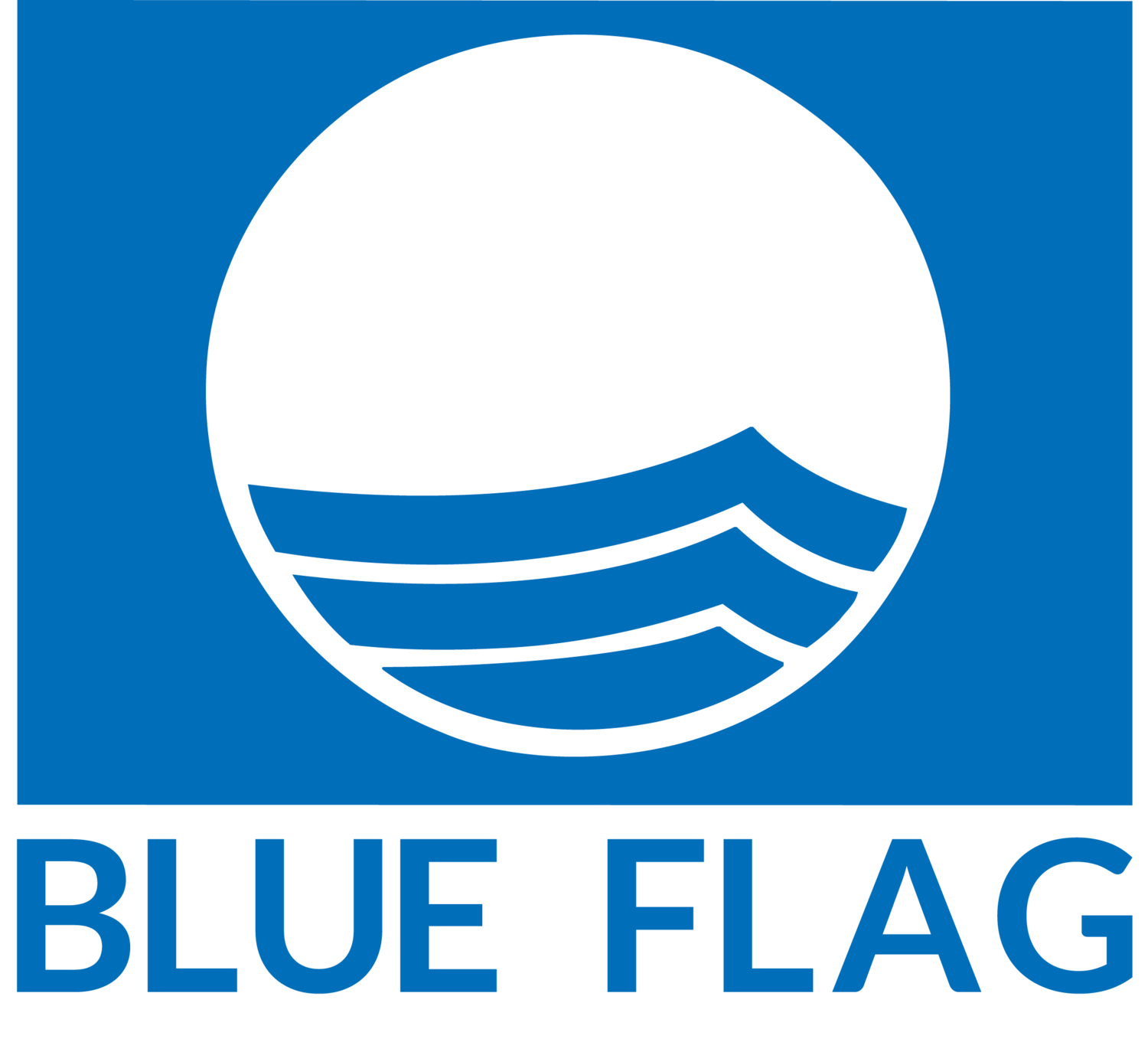Las Cuevas Beach complied twice with the 33 Blue Flag beach criteria, including monthly water quality testing. The Blue Flag National Coordinator for Trinidad and Tobago, Asclepius Green, continues to work diligently with the Tourism Development Company (Las Cuevas’ beach operator), the Ministry of Tourism and the 12-member National Blue Flag Jury to ensure that the beach maintains its Blue Flag status and to involve more beaches in the programme.
Although Blue Flag is synonymous with beach cleanliness and safety, it is also recognised as a helpful tool to reinforce existing legislations. Bathers at Las Cuevas are now empowered to report any lawbreaking activities such as driving on the turtle nesting beach. Las Cuevas beach is an important nesting site for the endangered Leatherback turtles. The local population of the nesting Leatherback is one of the three largest in the world, and a few beaches around the country’s coast are the best managed and monitored turtle nesting grounds. All in all, five of the seven sea turtle species in the world feed in the waters around Trinidad and Tobago or return to lay their eggs.
Although the turtle nesting generally occurs outside of the Blue Flag area, the ease of accessibility to drivers led to driving along the beach especially near turtle nesting areas. The turtle conservation group, Las Cuevas Eco Friendly Association, has been pleading with these lawbreakers, but only the use of social media got the attention of law enforcers responsible for the protected species which lead to the erection of signs that restrict driving on the beach. Families to Las Cuevas can now enjoy a true eco-tourism experience; a safe environmentally- friendly beach with turtle nesting viewing.
Parents and children of the Fast Learners Academy in Valsayn, Trinidad enjoying turtle watching with the Las Cuevas Eco Friendly Association (May 2015)


